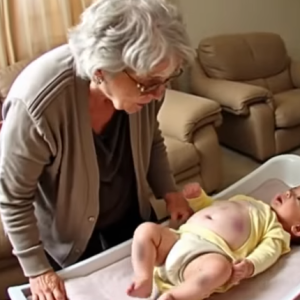
Raising children is among life’s most rewarding yet demanding responsibilities. But contrary to what some may think, the job doesn’t end when they turn 18. In many cases, the challenges of parenting actually continue—and even intensify—as children become young adults navigating independence, responsibility, and identity.
One single mother recently faced such a dilemma with her 21-year-old son. Living at home while attending community college part-time and working sporadically, he began to express increasing frustration about his lack of transportation. Eventually, he issued an ultimatum: either she buy him a new car, or he would move in with his father, who had previously been mostly absent from his life.
This put the mother in a difficult emotional and financial position. On one hand, she wanted to support her son’s efforts to become independent. On the other hand, the demand felt manipulative and unfair. It didn’t reflect a healthy, respectful parent-child relationship based on communication and mutual understanding.
So, what can a parent do in such a situation?
1. Establish clear boundaries.
While emotional support is crucial, adult children need to understand that financial help—especially major purchases like a car—is not an entitlement. A respectful conversation about expectations, responsibilities, and the family’s financial limitations can help clarify where the lines are drawn.
2. Parents should encourage accountability and ownership.
Instead of simply saying “no,” the mother might offer to match what her son can save for a car or help him explore financing options. This reinforces the idea that independence comes with effort, not demands.
3. It helps to maintain emotional connection while staying firm.
Adult children still need support—but not always in the form they expect. Listening, guiding, and expressing confidence in their ability to solve problems is often more valuable than providing material things. Finally, if tensions remain high, family counseling or third-party mediation can provide a safe space to rebuild trust and improve communication.
Parenting doesn’t stop at 18. But as children grow older, the role shifts. It becomes less about solving their problems and more about guiding them toward solving their own. And sometimes, the hardest but most loving thing a parent can do—is to say “no” and still stand by them.





